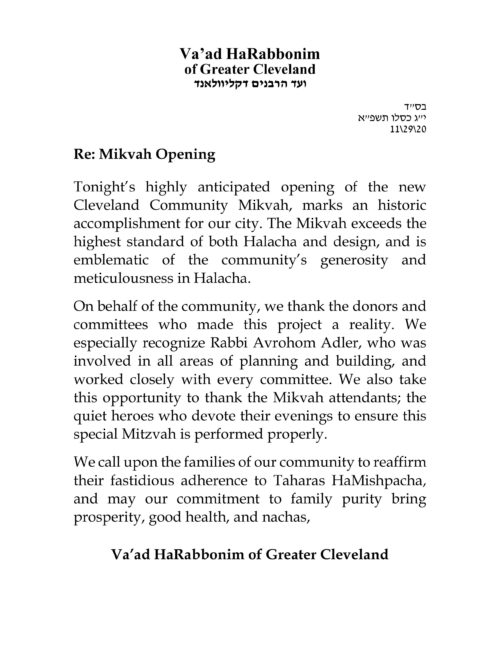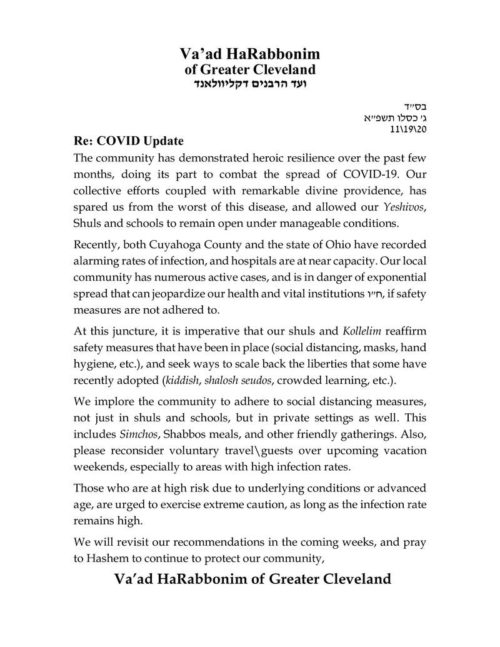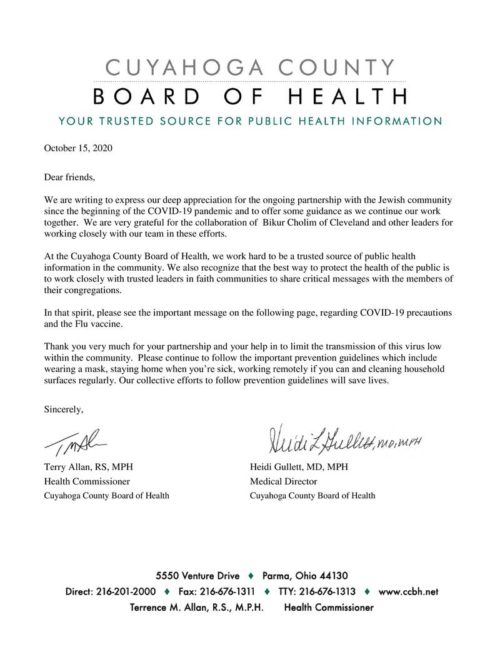If you are 75 years or older AND have received some sort of care from MetroHealth in the past 2 years,
please call for an appointment at 216-778-6100 or schedule on MyChart at https://mychart.metrohealth.org/MyChart/Authentication/Login.
You must have an appointment to receive the vaccination. The vaccines will be given at MetroHealth in Severance Circle, Cleveland Heights.





 Cuyahoga County announced a new program on Wednesday. The new program run by CHN Housing Partners will be giving out $2 million dollars in utility assistance. This is in addition to the rent relief and utility assistance programs previously announced late last month. Here is what you need to know:
Cuyahoga County announced a new program on Wednesday. The new program run by CHN Housing Partners will be giving out $2 million dollars in utility assistance. This is in addition to the rent relief and utility assistance programs previously announced late last month. Here is what you need to know:




 It is with a mixture of intense gratitude to Hashem and raw sadness that Atideinu announces it will not be opening for the school year of 2021.
It is with a mixture of intense gratitude to Hashem and raw sadness that Atideinu announces it will not be opening for the school year of 2021.
